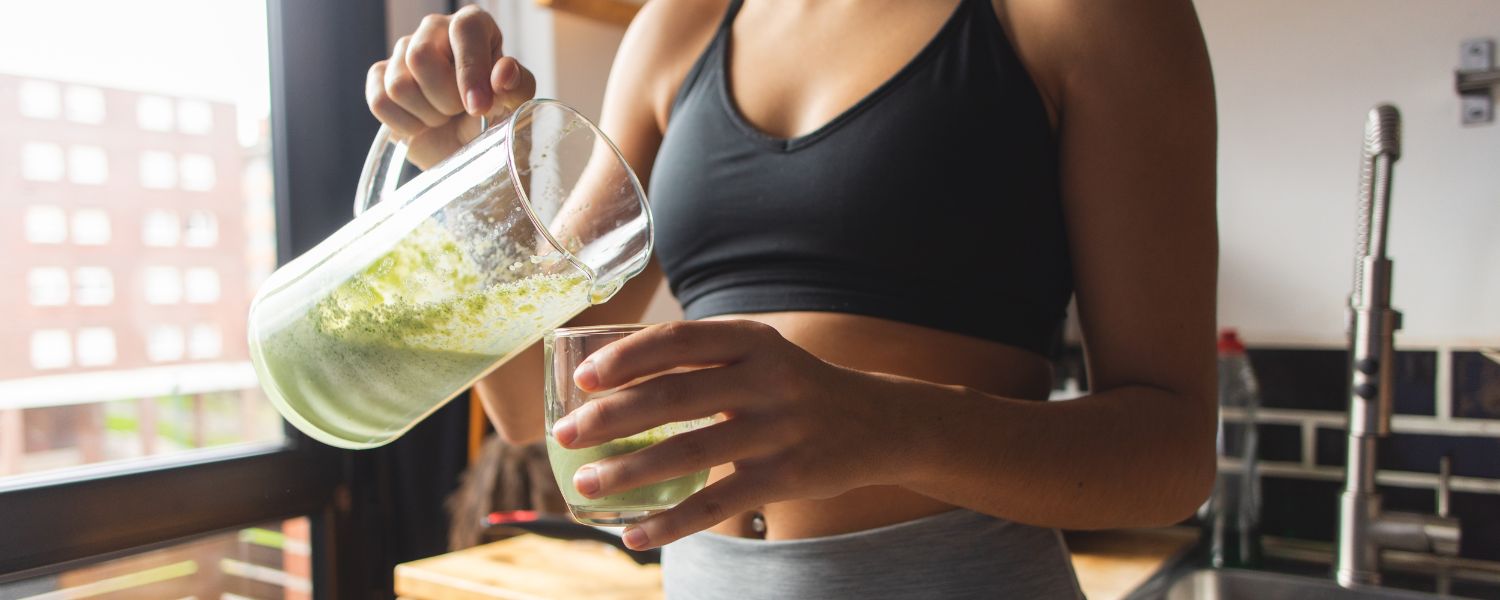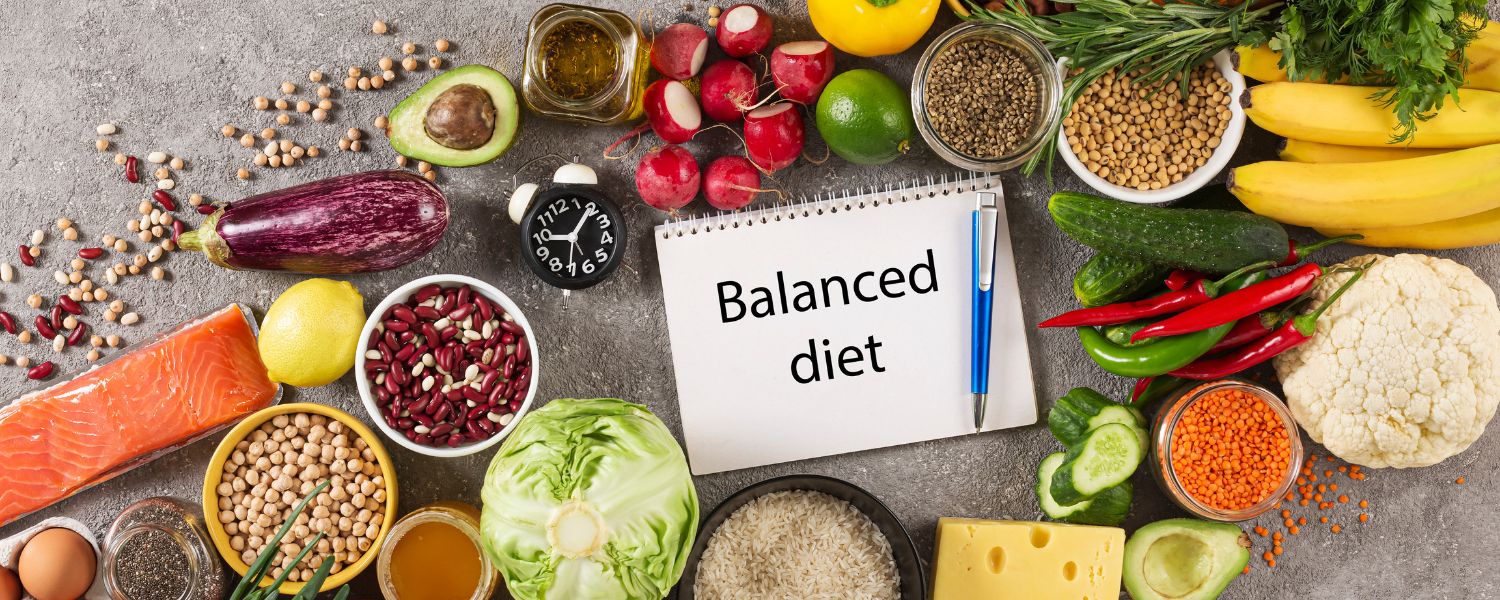Nutritionists have spent years pondering the possibility of a plant-based diet being the go-to choice for everyone looking to stay fit and healthy, and we may have just cracked the code.
People are finally catching on to the benefits that a vegan-friendly diet has to offer, and considering the social stigma around veganism has died down in the past couple of years, a plant-only diet is finally looking like a great choice.
On top of its growing popularity, healthcare practitioners are recommending a plant-based diet to all of their patients, as they’ve seen some of their former patients make incredible progress just from moving away from animal products.
Of course, it goes without saying that this diet does lack certain nutrients that are normally found in meats and shouldn’t be an option for anyone dealing with low nutrition.
What is veganism

Going vegan-friendly is much more of an approach to food as a whole than it is a diet, mainly due to there being more to eating only plants than just wanting to preserve the wildlife of our beautiful planet.
On top of it being much more healthy, a plant-based diet doesn’t require you to keep track of your nutrient goals every single day as its main focus is simply eating as much plant produce as possible, leading you to completely drop meat from your former diet plan.
Of course, not all plant-based diets are created equal, and for some, giving up on eggs and milk seems like a bit too steep of a slope to go down so suddenly.
This is why plant-based diets are separated into vegetarianism, veganism and raw veganism, with the latter being the most “hardcore” of the three, as it takes the most natural approach to food consumption.
Find a healthy balance

Dropping animal-based foods out of the blue can be quite stressful, especially if your diet consisted of regular meals containing meat, eggs, or even milk, all of which are highly beneficial to the human body on top of being incredibly tasty.
This is why a flexitarian diet may be the best pick for anyone who’s new to the veganism trend, as it could make mealtimes much less stressful if you’re trying your best to consume as little meat as possible compared to not consuming it at all.
No matter how you look at it, we could all benefit from increasing the amount of plant-based foods we have on our plate, as it’s the most natural approach to eating, and while one could argue meats are also part of our natural diet seeing as we’re omnivores, veganism is still a valid option.
The benefits

Hypertension can lead to a number of health issues, often linked with heart disease, increased risk of stroke, and type 2 diabetes, all of which are leading causes of death here in the US.
Many have tried to lower their blood pressure with a number of supplements, usually with negligible results, but now that veganism is back on the menu, we may just have found the solution.
The research found that a plant-based diet can help reduce blood pressure almost instantly after making the switch, and further studies have shown that the average BP of a vegetarian/vegan was much lower than that of an omnivore.
If lowering your heart pressure isn’t what you’re after, then you may be delighted to know that a plant-based diet can be an integral part of losing weight.
The data speaks for itself, and plant eaters simply weigh less than omnivores, and while that’s not always the end goal of making the switch over to plant-based foods, it’s definitely one of the benefits that come with it.
If we look at the average BMI for a vegan, the number sits somewhere around 23.6, whereas the BMI of a nonvegetarian is usually around 28.8, which qualifies them as being overweight.
In fact, even if your overall food intake with a plant diet is greater than that of omnivores, you may end up losing weight due to the sheer amount of fiber that plant-based foods are packed with, allowing you to maintain your gut health with ease.
The takeaway
Sure, giving up on meats and other animal products entirely does seem like a difficult task, but there’s nothing you can’t accomplish once you put your mind to it.
Your body deserves the best you can give it, and sometimes that means giving up on certain things that you like for the sake of maintaining your health and fitness.
You don’t have to make the switch over to a vegan-friendly diet too suddenly, or you may end up having regrets or doubts regarding whether you could actually handle not consuming meat products for the rest of your life.
Instead, you should make the change gradually, slowly taking out one food group after another until you’re left with nothing but plant-based foods.
